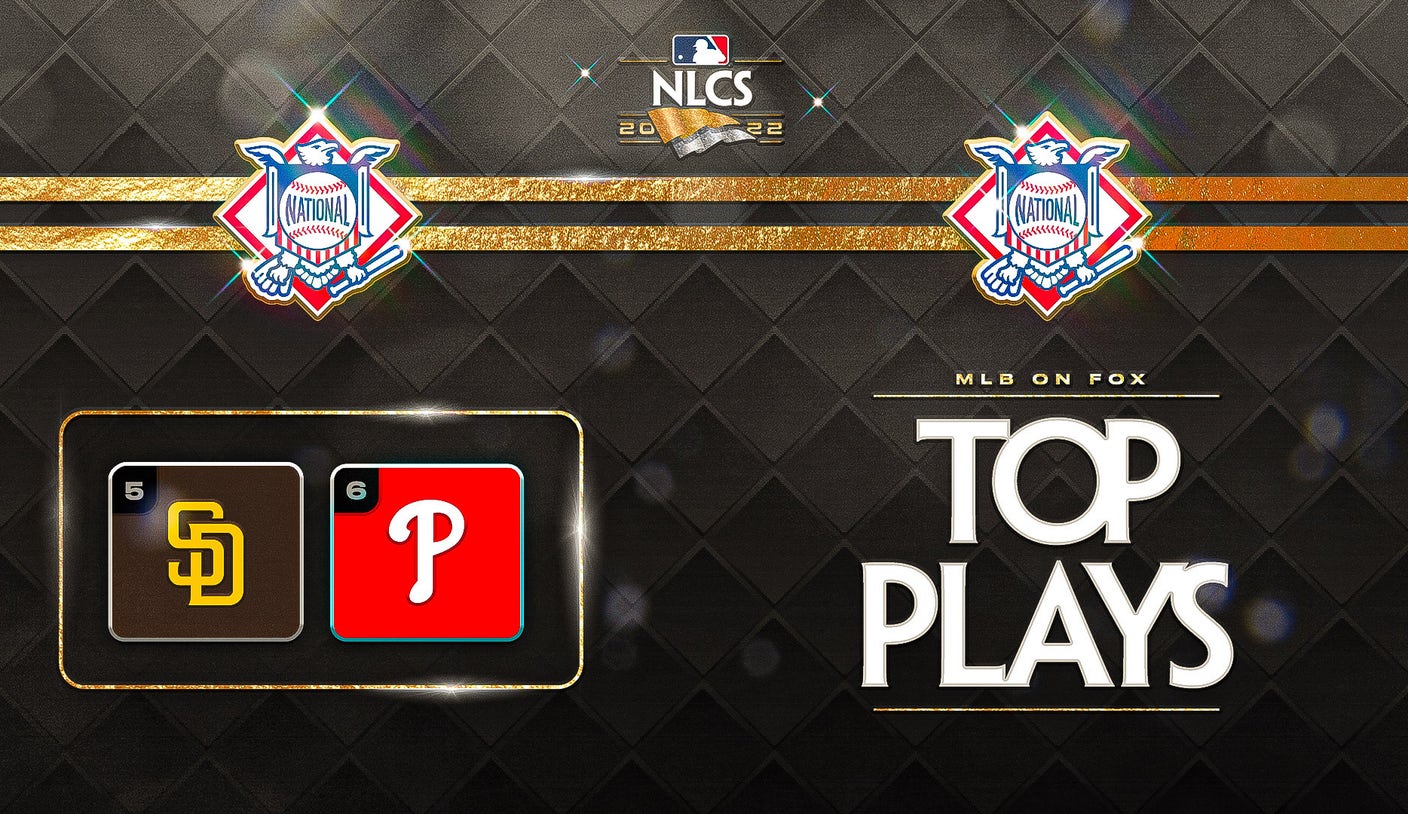
We tell that truth, if you will, to their power and they are not so fond of us, but that is ok, because you got to take your lumps. We get up to the mikes and we challenge them from the floor and we challenge them in the media and we bring our own people and we tell the stories of what privatization and lack of government support for water has done in communities around the world. We go to these forums and we challenge them. The people of the world haven’t quite agreed to this." They come together in this big world water forum every three years and they announce that everybody agrees that a private future for water has been agreed to and we say, "Not so fast. We also challenge what we call the Lords of Water, and this is the World Water Council, which is an international organization that is made up of members from the United Nations and the World Bank and the big water companies and the water services development agencies of northern countries like Canada and the US. That is what we do at the Blue Planet project. But rather, sharing resources, sharing information, sometimes getting some funding for the projects that are happening there. That is a terrible model and that is not what we are talking about. Sometimes we are working with groups who have one computer held together by duct tape sort of thing. We feel very strongly that we in the global north, in our movements, have to be supportive and act in solidarity with the global south where they don’t have the resources. It is a fundamental human right and it is public trust. We believe that if you ask the question, who owns water, we say the answer is nobody owns water. We work very closely with Food and Water Watch here in the United States, and many organizations around the world, building this global water justice movement. Maude Barlow: Blue Planet Project is a project of my organization in Canada called The Council of Canadians, and we are fighting for the right to water around the world.

Question: What is the Blue Planet Project?


 0 kommentar(er)
0 kommentar(er)
